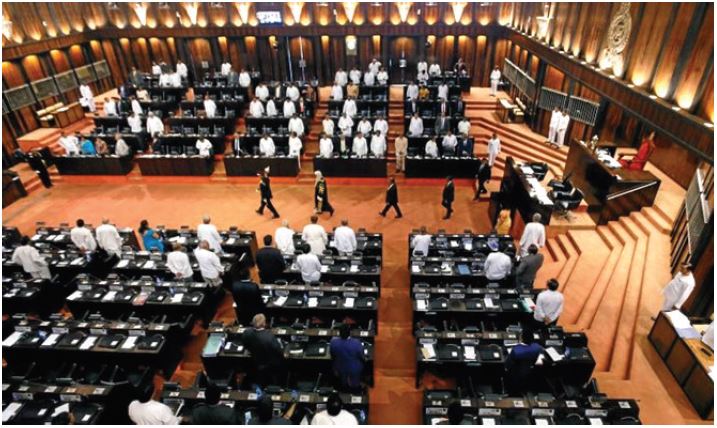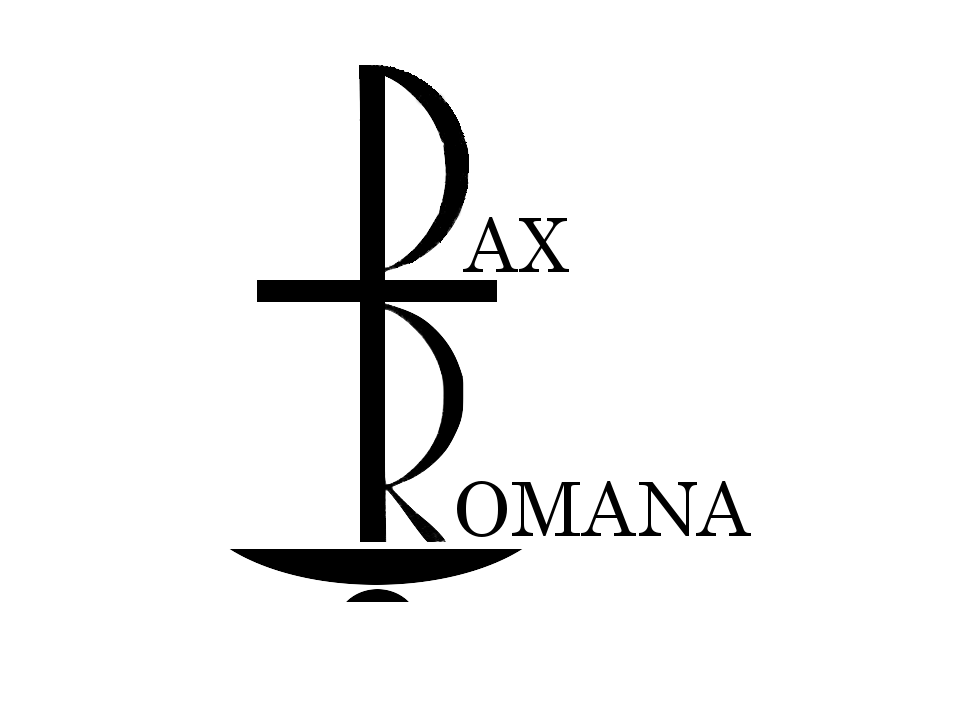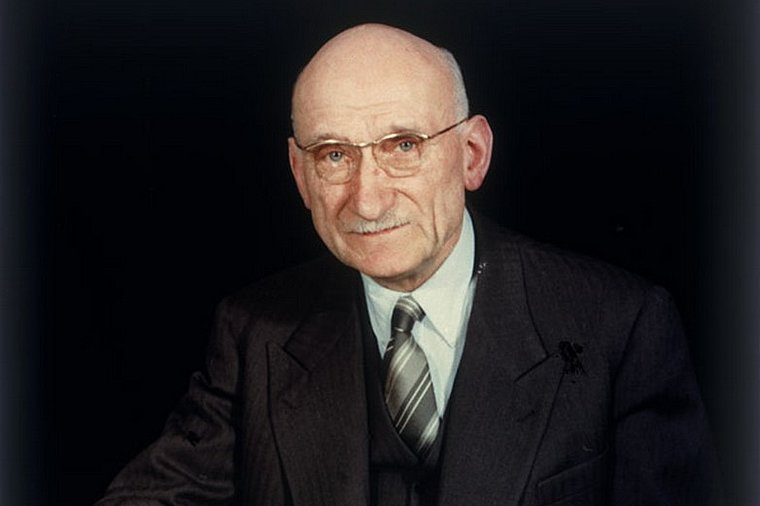The next general elections of the European Parliament will assume a crucial historical value for Europe. The actual political framework inside and outside the European Union strongly challenges the European institutions and their role as well as the very idea of Europe as a political community which is able to rule a continent according to common values and to reach common goals. The crisis of the traditional political parties in all the European countries, the rising of a new fascination for national identity and national sovereignty, they are the major features of a larger crisis of the political roots of Europe, including the concept of democracy.
In France and Italy, but also in England with the case of Brexit, the public opinion debates the opposition between ‘direct democracy’ and ‘representative democracy’, questioning the legitimacy and relevance of parliaments and governments. In Hungary and Poland, the ruling parties support the idea of a “non-liberal” democracy, that is a power which rests upon the consensus of the people but has no institutional or legal boundaries fixed according to the individual and collective rights. Such a situation reveals a plurality of forms but at the same time shows a common background: throughout Europe democracy is in question. Which is its very definition and what is its future?
This complex situation is the result of a historical process within which ancient social, cultural, political and religious issues re-emerge and link together with new fears and uncertainties. From the point of view of Christian faith and theology, the historical turning-point we are going through calls for a new and large discussion about the relation between democracy and Christianity. Such an issue requires to be considered according to the specific features of each country but also considering the common European framework. Moreover, this complex relation involves multiple aspects. On one side we face in a new perspective the ancient problem of giving a theological account of democracy, stressing the difference but also the relation between the political field of the democratic life and the religious field proper of the theological discourse as well as of the religious communities. On the other side, democracy has become a crucial point of debate within Christianity, particularly within the catholic Church. The new stress on the role of synodality as a mean to debate and find the proper solution to specific problems reveals the richness of the tradition of the Church and of its forms, but at the same time it requires an increasing attention to create a vivid and effective relation between our reality and the capabilities of Christianity to speak to each human being. It is the key question of how to remain Christian within this world and more in detail, what it means to be Christian in nowadays Europe.
We would like to invite you to join a debate on these topics and issues, in order to enlarge our understanding of the difficult but stimulating historical moment that Europe is facing. Our idea would be to create a group of discussion which is able to share ideas, opinions, and analysis, to rise new intellectual perspectives and new questions useful to create a clearer consciousness of what is happening in the European countries as well as in Europe as a whole.




Leave A Comment
You must be logged in to post a comment.